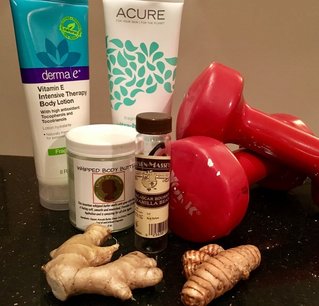
Now, inflammation in general is not a bad thing per se. It can help our immune systems fight off disease and even help us repair damage so some short term inflammation IS good. It’s the chronic inflammation that is worrisome and can cause harm to our bodies. I collected a few general bits of advice here that seem to work for the majority of people I spoke with in healthily keeping that chronic type of inflammation at bay. Obviously, this is not medical advice and you should consult a doctor you know and trust for any medical condition. With that caveat, here goes:
The Top Three DO’s
1. Eat:
TURMERIC
Turmeric is a natural anti-inflammatory. It’s a spice and you probably know it best from Indian foods. Read more about turmeric and its health benefits here. A little trick is that mixing black pepper with turmeric boosts your body’s ability to use and take advantage of turmeric’s anti-inflammatory qualities. Read more on that here. Adding a bit of good fat is also incredibly helpful to maximize absorption. Examples of good fats include a handful of nuts or seeds, an avocado or some raw, virgin flaxseed oil.
So, toss some turmeric and black pepper into your stir fry, stew, salad, smoothies, whatever! I even add turmeric to melted dark chocolate, agave and shredded coconut for homemade chocolate sweets to munch on.
BLACK CURRENT OIL
You can get black current oil supplements at most heath food stores. One I like is from “Health from the Sun” and is available from Swanson Vitamins here. Black current oil gives you lots of omega 3and 6 fatty acids and gamma linolenic acid. The gamma linolenic acid can particularly help with skin issues like eczema. More info here
KALE and SPINACH
Dark leafy greens are a tremendous source of Vitamin E which a lot of studies suggest plays an important role in protecting the body from chronic inflammation so eat your salad. I now eat a small salad BEFORE every meal, even breakfast. It helps me to make greens an automatic part of my diet at least three times a day.
BEETS
Beets are not only anti-inflammatory, they’re anti-cancer so yay! My new favorite thing is beet noodles – spaghetti-like noodles made entirely of beets. You can get them at a growing number of health food stores or make your own. Example here. I also make a “Beet The Detox Salad” I’ve blogged about before that’s delicious, filling and healthy. I’ve also re-printed it below.
GINGER
Another nifty spice, ginger can also curb nausea if you’re sick or pregnant or on a boat in tumultuous seas. Add some ginger to sautéed veggies, rice dishes, stews, soups, and even desserts for a little kick of healthy deliciousness. I also grate ginger and melt it into dark chocolate with shredded coconut, agave and turmeric for a tasty sweet to have on hand (yeah, I know. I mentioned that already in the turmeric section, above).
TART CHERRIES
Tart cherries also help soothe muscle soreness, prevent insomnia and help deal with jet lag. I’ve used them to combat jet leg whenever I travel long distances for years (see my blog post here). I only learned that they also help fight inflammation more recently. Careful if you drink cherry juice only because there is a not insignificant amount of natural sugar so just keep it in mind if you’re watching your weight. I dilute a little pure tart cherry juice with seltzer water at night for a yummy spritzer that also helps you sleep better. See more cherry info here.
Dried “Just Cherries” are easy for carrying around and snacking on (perfect for travel) and, of course, fresh cherries are the best. You can also throw them in smoothies, pies, tarts, salads, and all that jazz.
CoQ10
Also referred to as ubiquinone. Aim for 200 mg daily if you're taking a supplement to (better) get it through foods like green beans!
2. Exercise
Moderate and consistent exercise is so good for you on every level. Here is a cool study that looked into which types of exercise improve inflammation issues the most (https://breakingmuscle.com/learn/what-kind-of-exercise-improves-inflammation-the-most).
Just make it part of your routine. It may suck at first but, if you force yourself to do it consistently, it will become routine and then you will start to love it. Really. You will.
3. Use Healthy “Green” Beauty Products
A lot of personal care/beauty products contain inflammatory agents (dyes, fragrances, etc.). Source your beauty products from companies that put customer health first. “Natural” doesn’t really mean anything in terms of advertising. It’s more of a marketing ploy. I mean, plutonium is “natural” and you sure don’t want that in your moisturizer, right? So, look for companies that are well known, endorsed by ethical and sustainable watch groups that you know and trust and that have ingredients that are ones you recognize.
My top three favorite awesome skin care go-to’s (for the stuff I can’t make myself) are;
- Acure, a sustainable, organic and very effective beauty brand (https://www.acureorganics.com @acureorganics)
- derma e, fabulous vegan skincare line that I adore (http://dermae.com @derma_e) and
- I also recently discovered a local New York brand called Cyrah’s Au Naturale, available at Health Nuts (@TheHealthNutsNY). I bought the Vanilla Whipped Body Butter. Not only does it smell good enough to eat, but it turns from this super soft mousse in your hands to a sultry oil on your body! Cool, right? If you’re not convenient to New York City, no problem! They’re available on Etsy too at: https://www.etsy.com/shop/CyrahsauNaturale
The Top Three DON’T’s
- Sugar– sorry, but no. Avoid it.
- Saturated Fat – always bad. For so many reasons. How to avoid it? Pretty much by avoiding overly processed food and fast food. Your body will thank you.
- Meat. Especially red meat. Not good. Stay away!
DIY Body Balm for Calming Soreness:
Mix:
coconut oil
1/2 t cayenne pepper
2 drops peppermint oil
Rub it directly onto wherever is stiff and achy. I tried this and, again, tingly and nice sensation but the cayenne is a little messy (don't wear white clothes while you do this) and it doesn't provide extreme relief - more like moderate, gentle, subtle relief. Try it and see how it works for you. I get the sense if you're someone who likes Tiger Balm (it doesn't work for me), this would be good for you.
More DIY balms here (http://jenniferbetityen.weebly.com/ethical-is-beautiful-be-beautiful-a-blog/more-uses-for-coconut-oil-as-a-skin-therapy).
My Favorite Anti-Inflammatory Recipe:
Beet the Detox Salad
Beets are rich in butane, a natural digestive system helper (which is also fantastic for liver cleansing and digestion – bonus!).
Makes 4 side servings.
Ingredients:
1 large beet, coarsely grated
1 large carrot, coarsely grated
1 large apple, diced
2 tbsp almonds, chopped
2 tbsp flax, hemp, perilla, or pumpkin seed oil
2 tbsp lemon juice
4 cups mixed greens
Optional additions:
2 tbsp fresh dill or parsely, finely chopped
2 garlic cloves, minced
1/4 tsp gray sea salt or pink rock salt
Directions:
1.Toss all ingredients, except for the mixed greens, together in a large bowl. Mix in optional additions if using. You can make the dressing up to 2 days in advance and refrigerate.
2. Divide mixed greens between 4 plates and top with apple mixture
More recipes here
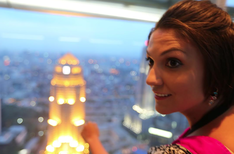
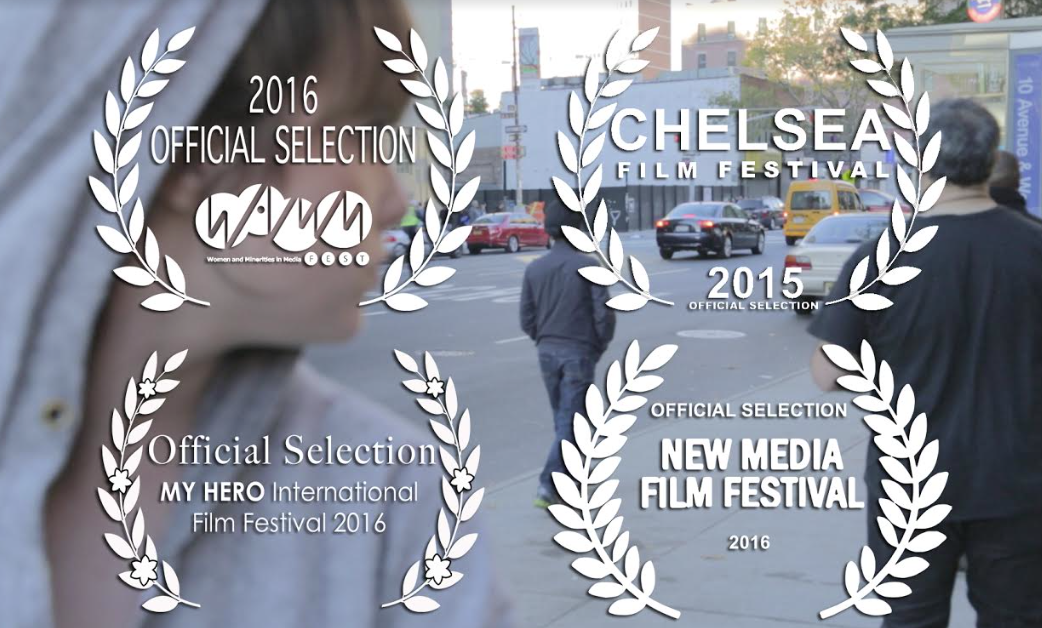

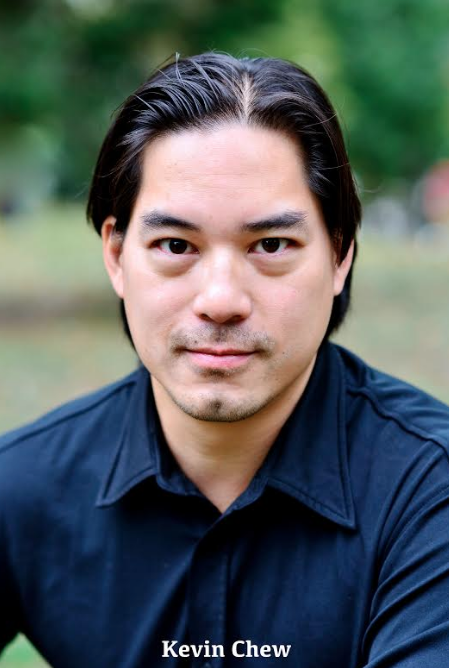

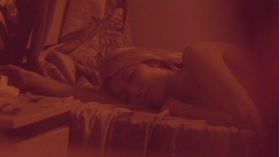
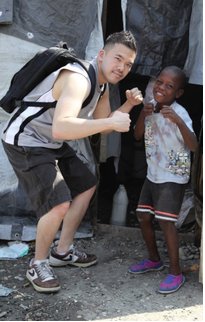
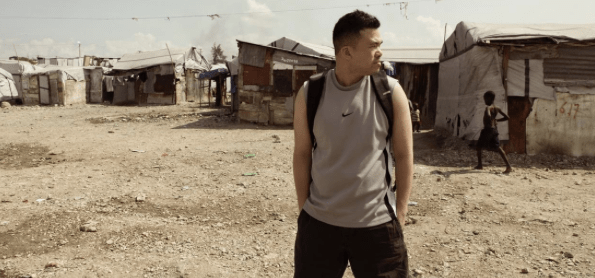
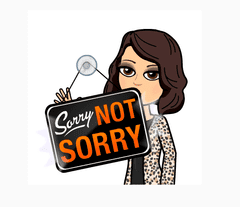


 RSS Feed
RSS Feed
